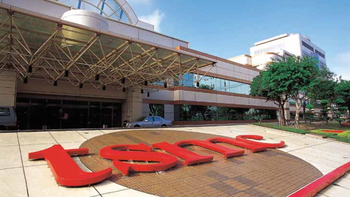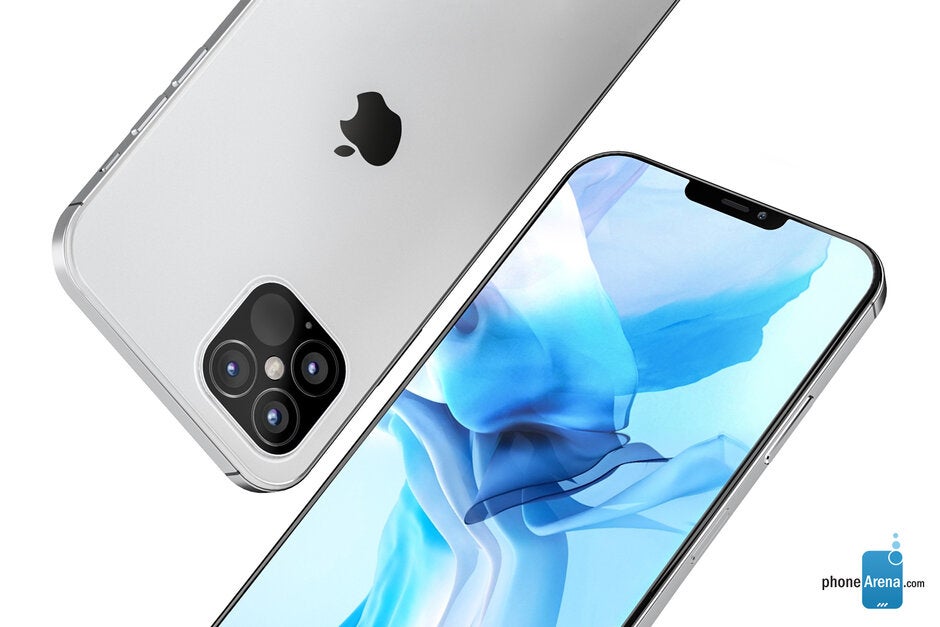TSMC to begin risk production of 3nm chips starting next year

The world's largest contract foundry is Taiwan Semiconductor Manufacturing Company (TSMC). The firm manufactures chips for companies that design their own but don't have the facilities to produce them. The equipment used to make chips is very complex and very expensive. For example, TSMC plans on spending $15 billion this year on capital expenditures. TSMC's top customers include Apple, Qualcomm, and Huawei.
TSMC to begin risk-production of the 3nm process node next year
This year, both Apple and Huawei will be shipped their most cutting-edge chipsets, the A14 Bionic and the HiSilicon Kirin 1020 respectively. Both will be made using TSMC's 5nm process node which means that the number of transistors inside the components will rise by approximately 77%. This makes the chips more powerful and energy efficient than the 7nm chips they replace. Because of new U.S. export rules, TSMC will be unable to ship components to Huawei starting with the second half of September. The U.S. is preventing any foundry that uses American technology to ship semiconductors to Huawei without obtaining a license. The foundry said just the other day that it will not ship wafers to Huawei after September 14th. TSMC CEO Mark Liu has yet to comment on whether he will try to get a license from the U.S. that would allow it to continue doing business with the Chinese manufacturer.

TSMC's 5nm process node is being used to manufacture the A14 Bionic chip that will power the iPhone 12 series
As a general rule, the more transistors inside a chip, the more powerful and energy-efficient it is. Approximately every other year, the transistor density nearly doubles allowing companies to design more powerful components. As an example, there will be 15 billion transistors inside the Apple A14 Bionic compared with the 8,5 billion packed inside the A13 Bionic and the 6.9 billion that was shoehorned into the A12 Bionic. If things go as planned, the Apple iPhone 12 series will be the first handsets to be powered by a 5nm chipset.
The first 5nm Snapdragon chip to be shipped by TSMC was expected to be the Snapdragon 875 Mobile Platform. This chipset will power most of the first-half 2021 Android flagships and will include ARM's new Super-core Cortex X1. The latter could improve the performance of chips using ARM's Cortex-A77 core by 30%. However, a recent report suggests that TSMC's main rival, Samsung Foundry, will be producing the Snapdragon 875G using its 5nm EUV process. EUV, or extreme ultraviolet lithography, uses an extremely thin ultraviolet light to etch patterns on dies to show where transistors are supposed to be placed.
And now TSMC is looking ahead to the 3nm mode. According to MyDrivers, the foundry plans on beginning risk production at the 3nm process node next year. As we pointed out back in April, these are chips produced by the foundry for manufacturers willing to buy them without going through the standard testing procedures. TSMC says that its 3nm chips will deliver a 10% to 15% hike in performance with a 20% to 25% increase in energy efficiency. Today's report mentions that Apple's A16 chip, due to be shipped in 2022, will be manufactured using the 3nm process node.










Things that are NOT allowed: